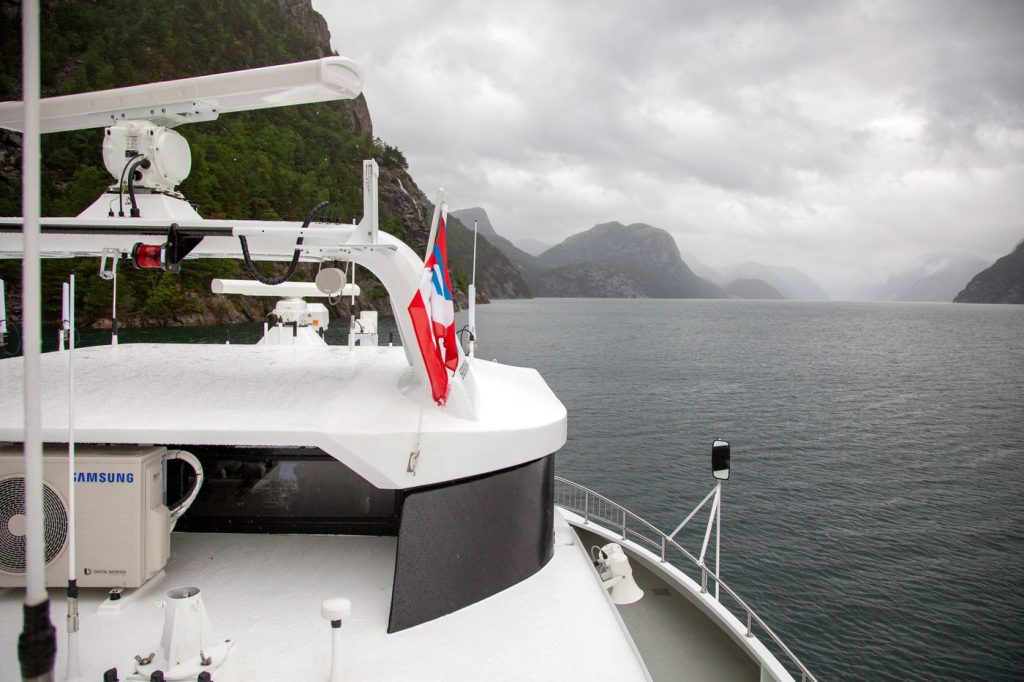
Since he began scamming promising people – buyers and not just buyers, but BUYERS – that full self-driving would be available in six months (2016), Elon Musk has played a vital role in one of our great national pursuits. Yes, separating people from their money. But normalizing electric cars, even with the side auto-taxi fraud, is to be lauded. Tesla definitely got the other car makers to get some skin in the game.
There are and long have been many obvious reasons behind the difficulty of self-driving cars that Musk is now copping to, but again the Overton window has been effectively shifted. Quiet electric vehicles are turning up all over the place – on land, on sea, even in the fjords:
But they’ve already made Norway the most electrified shipping nation in the world, thanks to an aggressive government push to cut maritime emissions. The country is home to almost three-quarters of the 274 vessels globally that run at least partly on batteries, according to a state advisory body. Its fleet of 31 fully-electric car ferries is expected to nearly double by the end of the year, says the Green Shipping Programme, a public-private partnership that supports the transition. Even the sightseeing ferries that cruise Norway’s famous fjords are transitioning to battery power.
On a Saturday morning in Stavanger, along Norway’s west coast, a new ferry, the Rygerelektra, is in the harbor preparing for a tour of some nearby fjords. Measuring 42 meters long with seating capacity of nearly 300, the ferry, is owned and operated by Rødne Fjord Cruises. It is among a group of vessels from several of Norway’s leading maritime companies that are driving a shift towards zero-emissions fleet and supporting Norway’s ambitious economic reinvention away from oil and gas to alternative energy source.
They acknowledge the challenges of large-scale fleet charging, though promising technology already exists. And then, they can’t resist the temptation:
“In Norway, we need to transition from oil exports to sustainable products and services, while still utilizing the competence we have gained from the oil industry, says Pia Meling, vice president of sales and marketing at Massterly, the autonomous shipping company. “We would like to compete on the renewables and in clean shipping in particular.” Massterly’s vision is one of zero-emission, autonomous vessels moving everything from passengers around Norway to containers across oceans.
Emphasis added because I guess they can’t help it. But really, who knows where the over-promise of auto-taxis might lead? Self-driving boats are certainly more possible, if not theoretically easier – at least until you get to a crowded harbor. But hey, in the open water? Sure. In six months, we’ll be…
